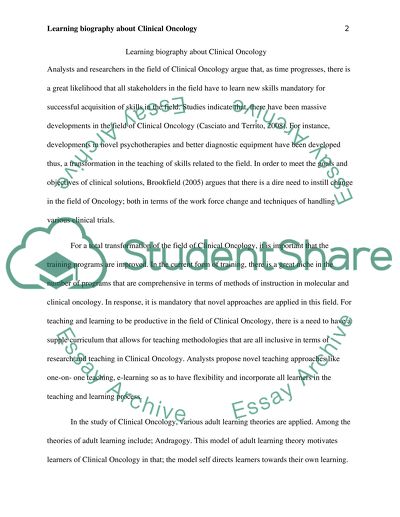Cite this document
(“Learning Biography about Clinical Oncology Essay”, n.d.)
Learning Biography about Clinical Oncology Essay. Retrieved from https://studentshare.org/nursing/1440193-short-reflective-essay-learning-biography
Learning Biography about Clinical Oncology Essay. Retrieved from https://studentshare.org/nursing/1440193-short-reflective-essay-learning-biography
(Learning Biography about Clinical Oncology Essay)
Learning Biography about Clinical Oncology Essay. https://studentshare.org/nursing/1440193-short-reflective-essay-learning-biography.
Learning Biography about Clinical Oncology Essay. https://studentshare.org/nursing/1440193-short-reflective-essay-learning-biography.
“Learning Biography about Clinical Oncology Essay”, n.d. https://studentshare.org/nursing/1440193-short-reflective-essay-learning-biography.


